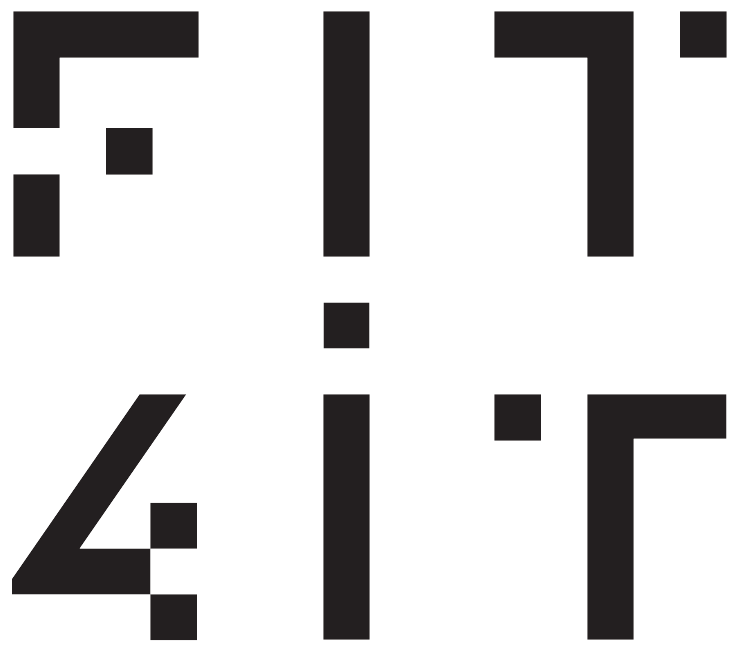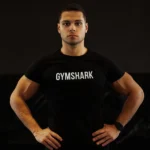The teenage years are an exciting time of discovery, growth, and new experiences! Between school, friends, hobbies, and all the changes happening in your life, it’s easy to feel like there’s no time left for fitness. But here’s the good news: staying active doesn’t have to be complicated or time-consuming. There are several fitness tips for teens that can support sound health.
Your teen years are actually the perfect time to build healthy habits that will serve you well throughout your life. While you’re navigating friendships, academics, and personal growth, taking care of your physical health can be one of the most empowering things you do for yourself.
Since teen life is so busy, we’ll suggest the most flexible and time-saving options. Let’s go.
Break 60 Minutes Of Physical Activity

A daily hour of activity will keep you active and healthy.
The CDC recommends that youngsters and teens between the ages of 6 and 17 be physically active for at least 60 minutes daily.
- This duration isn’t for one go, and can be broken down into small segments throughout the day.
- The workout should be moderate to vigorous.
Here’s how:
Mix Your Routine With Moderate Exercise
Teens don’t have to go out of their way for fitness, and here are a couple of tips on making their exercise work for them:
- Brisk walking, skateboarding, or cycling are moderate physical activities that knock off chores like getting groceries or picking up packages from the store.
- By cycling to school and back home, you’re saving time, organically enhancing your overall stamina.
After-School Exercises

Don’t think too much and just have fun.
Intense workouts with vigorous exercises reduce the risk of heart disease, type 2 diabetes, high blood pressure, and stroke. These activities improve your cognition and help you sleep better, and are great for burning calories, too.
As for how to make them more fun, you can try:
- Joining your friends after school for swimming, running, rollerblading, or playing sports like soccer and basketball.
- Another way is to try and add a bit of high stakes by racing or biking through the park and see who wins.
Join A Sports Team
Enrolling in your school’s local sports team comes with many benefits:
- Daily practice will help you remain physically active.
- It also allows socializing and building lasting friendships.
Interact With Specialized Activity
If the regular exercises aren’t your cup of tea, there are various other options available.
- Gymnastics, swimming, dancing, wrestling, or martial arts are comprehensive physical activities that will engage every muscle and joint in your body.
- Consider consulting your school’s student counselor for guidance if you’re struggling to figure out what’s right for you.
Improve Your Fitness Routine

Switch your exercises, but hold true to proper posture.
Sometimes, doing the same range of fitness exercises can feel monotonous and boring for teens.
So, the best way to tackle this is by mixing things up in the gym.
- Optimize your fitness routine by diversifying your workouts between cardio and strength training.
- Make sure you are in the correct posture during different workouts.
For instance, a personal fitness trainer will assist you in doing workouts with the right posture.
Let’s break down the cardio and strength training to understand their basics.
Cardio Workout 101

Build up your core and body shape with cardio training.
Cardio involves jogging, cycling, swimming, and hiking.
You can even use machines like ellipticals, treadmills, and steppers for cardio in your daily routine.
- It improves your memory and cognitive skills.
- Cardio also slows down the aging process and lowers your stress levels.
- Healthy weight loss and toned muscles.
Strength Training Fundamentals

Strength training is equally as vital as cardio for teens.
Strength training allows you to develop and maintain lean muscle mass and burn more calories. As you grow older, your lean muscle mass will naturally diminish. Hence, strength training workouts will help you preserve lean muscle mass. This also directly impacts your resting metabolic rate.
There are several ways to add strength training workouts to your daily fitness routine:
- Use body weight to do pushups, pullups, lunges, squats, and planks.
- Use resistance tubing.
- Weight machines are also considered a good strength training tool.
Warm-ups & Cool Downs
A good rule of thumb is to always begin your workout with a warm-up, specifically dynamic stretching, which is a collection of movement-based stretches that require full-body engagement.
- This includes jogging or jumping jacks, leg swings, and arm circles. Side and forward lunges are also great.
After you finish the workout, cool down your body to recover and slowly bring all those muscles feeling the burn of the fitness routine to rest.
- Cool down by doing light stretches, targeting your quadriceps and arm circle motions.
Healthy, Nutritional Diet
Just like a good workout routine, teens should always pay special attention to their diet. A well-nourished body will be fully capable of the daily grind of fitness exercises and daily routine.
Here are a few tips to make sure you are taking a healthy diet:
- For breakfast, oat bran, oatmeal, and other whole grain cereals are high in fiber.
- Consume protein in your diet through milk, yoghurt, or chopped nuts.
- Get carbohydrates through complex carbs found in whole grains, fruits, beans, and vegetables.
- Fruits and vegetables of different colours will supplement your body with a complete range of vitamins and minerals.
Less Screen Time, More Movement, And An Active Lifestyle
Screentime on our devices often leads to procrastination. Teens, especially, are prone to becoming lazy.
All this ease through technology has increased our sedentary behaviour, which needs severe reduction. It’s achievable if you:
- Utilize your study breaks to walk around the room.
- Fulfill your socializing needs by meeting your friends at your local park instead of chatting online.
- You can set reminders and restrictions on your smartwatch to notify you of your sedentary behaviour.
At this young age, you may want to achieve that perfect body or create the right fitness routine. But remember that fitness is a journey and not a destination. The habits that you build today will stay with you throughout adulthood. So, at this young age, your fitness journey is just the beginning. Make sure you start it off well.
Was this helpful?
Good job! Please give your positive feedback
How could we improve this post? Please Help us.






No Comments